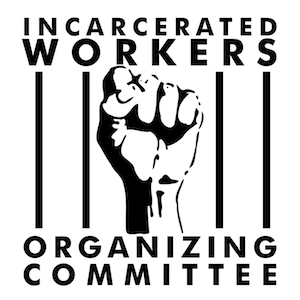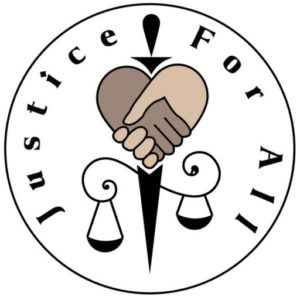Support the Strike
On August 21st prisoner rebels across the country will refuse to keep the prison machinery running and demand an end to prison slavery. On the outside, we’re busy spreading the word, organizing solidarity demos and more.
Men and women incarcerated in prisons across the nation declare a nationwide strike in response to the riot in Lee Correctional Institution, a maximum security prison in South Carolina. Seven comrades lost their lives during a senseless uprising that could have been avoided had the prison not been so overcrowded from the greed wrought by mass incarceration, and a lack of respect for human life that is embedded in our nation’s penal ideology. These men and women are demanding humane living conditions, access to rehabilitation, sentencing reform and the end of modern day slavery.
These are the NATIONAL DEMANDS of the men and women in federal, immigration, and state prisons:
1. Immediate improvements to the conditions of prisons and prison policies that recognize the humanity of imprisoned men and women.
2. An immediate end to prison slavery. All persons imprisoned in any place of detention under United States jurisdiction must be paid the prevailing wage in their state or territory for their labor.
3. The Prison Litigation Reform Act must be rescinded, allowing imprisoned humans a proper channel to address grievances and violations of their rights.
4. The Truth in Sentencing Act and the Sentencing Reform Act must be rescinded so that imprisoned humans have a possibility of rehabilitation and parole. No human shall be sentenced to Death by Incarceration or serve any sentence without the possibility of parole.
5. An immediate end to the racial overcharging, over-sentencing, and parole denials of Black and brown humans. Black humans shall no longer be denied parole because the victim of the crime was white, which is a particular problem in southern states.
6. An immediate end to racist gang enhancement laws targeting Black and brown humans.
7. No imprisoned human shall be denied access to rehabilitation programs at their place of detention because of their label as a violent offender.
8. State prisons must be funded specifically to offer more rehabilitation services.
9. Pell grants must be reinstated in all US states and territories.
10. The voting rights of all confined citizens serving prison sentences, pretrial detainees, and so-called “ex-felons” must be counted. Representation is demanded. All voices count!
We all agree to spread this strike throughout the prisons of Ameri$$$a! From August 21st to September 9th, 2018, men and women in prisons across the nation will strike in the following manner:
1. Work Strikes: Prisoners will not report to assigned jobs. Each place of detention will determine how long its strike will last. Some of these strikes may translate into a local list of demands designed to improve conditions and reduce harm within the prison.
2. Sit-ins : In certain prisons, men and women will engage in peaceful sit – in protests.
3. Boycotts: All spending should be halted. We ask those outside the walls not to make financial judgments for those inside. Men and women on the in side will inform you if they are participating in this boycott.
4. Hunger Strikes: Men and women shall refuse to eat.
We support the call of Free Alabama Movement Campaign to “Redistribute the Pain” 2018 as Bennu Hannibal Ra – Sun, formerly known as Melvin Ray has laid out (with the exception of refusing visitation). See these principles described here:
https://redistributethepain.wordpress.com/
How You Can Help
Make the nation take a look at our demands. Demand action on our demands by contacting your local, state, and federal political representatives with these demands. Ask them where they stand.
Spread the strike and word of the strike in every place of detention.
Contact a supporting local organization to see how you can be supportive. If you are unsure of who to connect with, email millionsforprisonersmarch@gmail.com
Be prepared by making contact with people in prison, family members of prisoners, and prisoner support organizations in your state to assist in notifying the public and media on strike conditions.
Assist in our announced initiatives to have the votes of people in jail and prison counted in elections.
Donate to strike’s official fundraising page here: https://fundly.com/2018-prisoner-strike
For the Media: Inquiries should be directed to
prisonstrikemedia@gmail.com




















